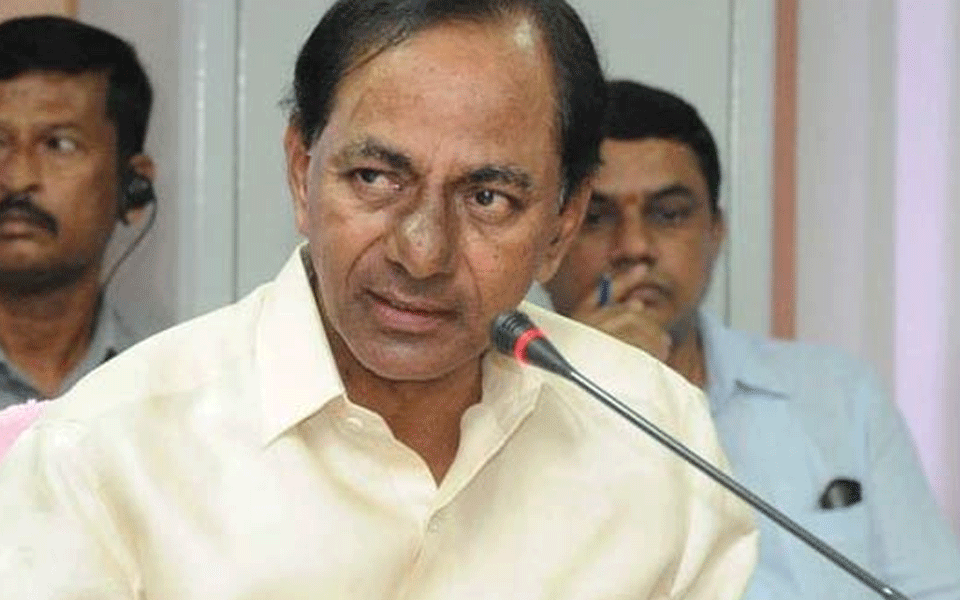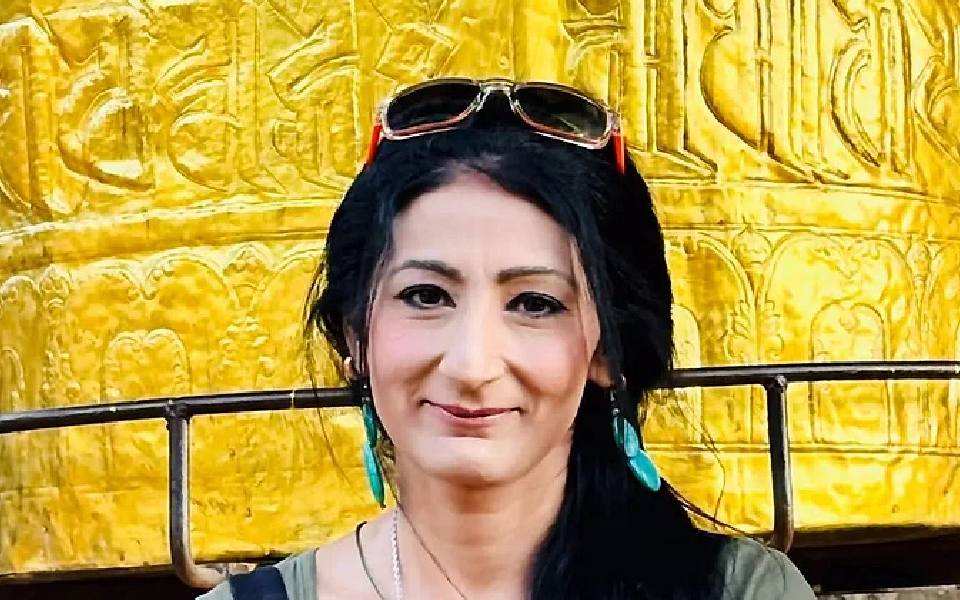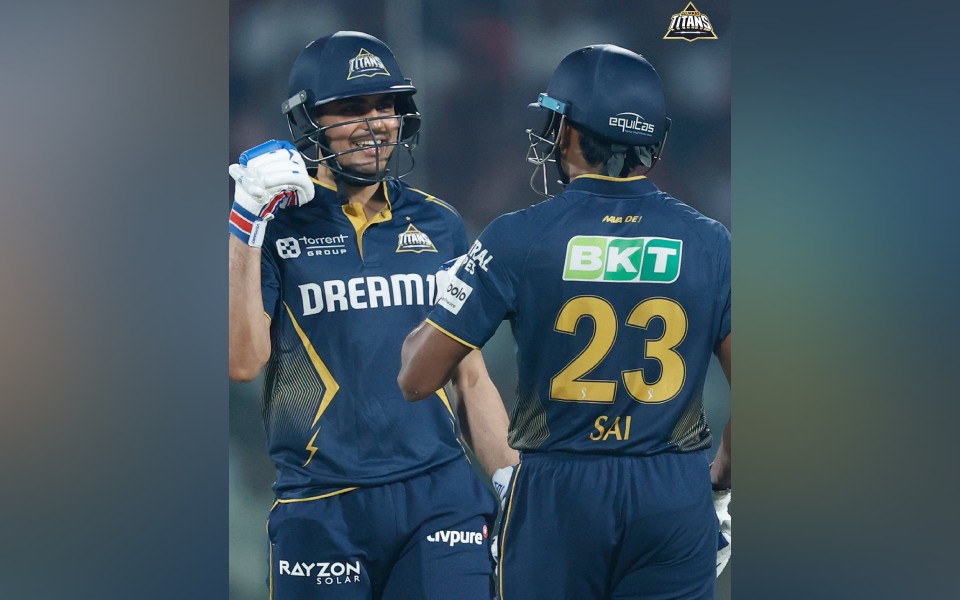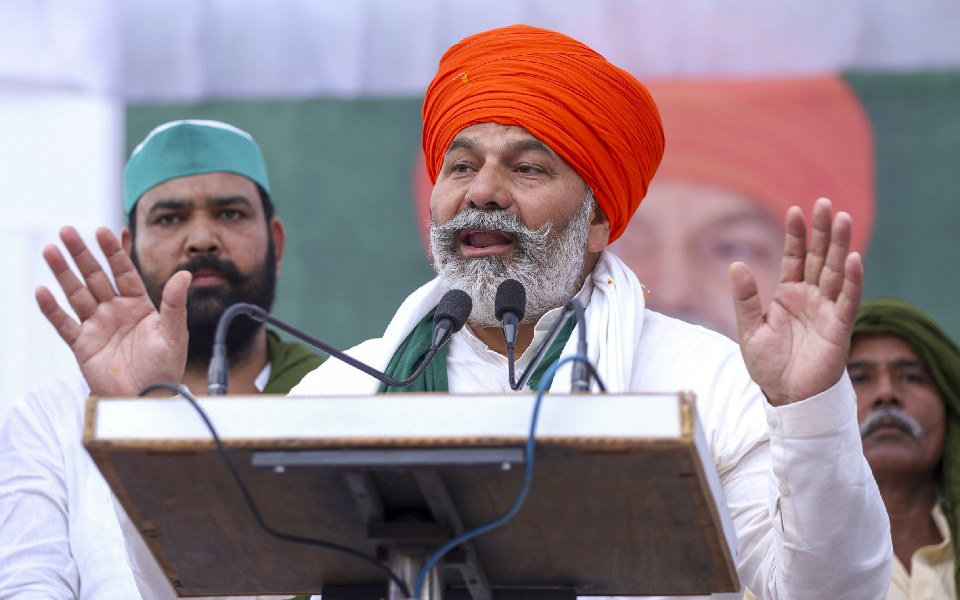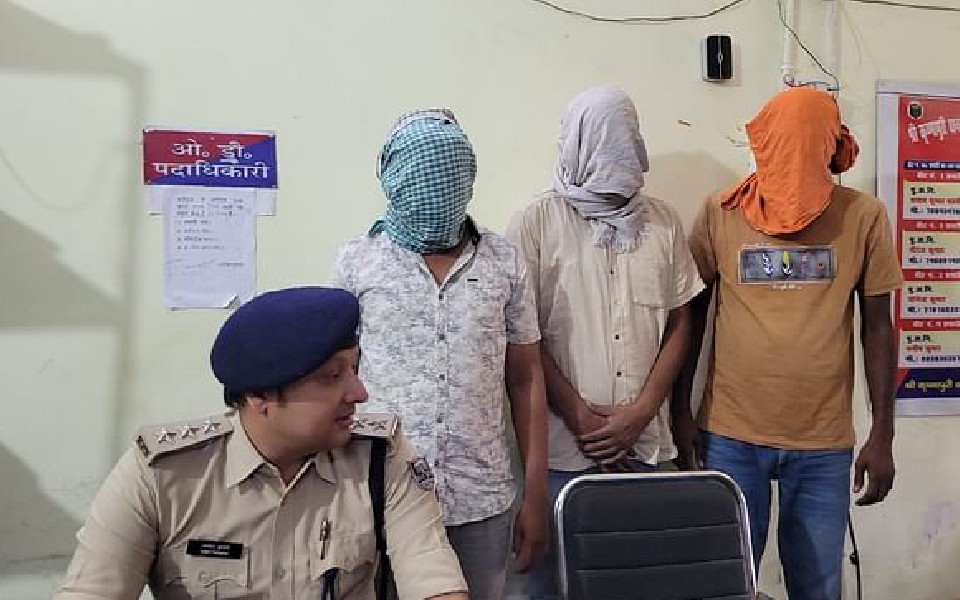Hyderabad, Oct 5 : Targeting the Congress and TDP, TRS chief and caretaker Chief Minister K Chandrasekhar Rao Friday alleged Telangana had suffered in irrigation and other sectors due to negligence during their rule.
On the other hand, it was during the TRS rule that development and welfare had been taken up on a large scale in various sectors, he claimed at an election rally at Wanaparthy near Mahabubnagar.
After opting for premature dissolution of the state assembly last month for early elections, the Telangana Rashtra Samithi supremo has announced candidates for 105 segments out of the total 119 in the state.
Rao has been attacking the Congress and TDP President and Andhra Pradesh chief Minister N Chandrababu Naidu, who have decided to form an alliance for the coming assembly elections in Telangana, during his campaign meetings in the last few days.
He alleged that irrigation projects in the Mahabubnagar region suffered delays because of the negligence of Congress leaders.
"What is the gift given by the 60 years of Congress, TDP rule to Palamuru (Mahabubnagar) district?... When you say Mahabubnagar, it is the district of migrations, droughts, labour. Is this the gift they have given for 60 years? Pending projects district," he said.
Congress leaders from Mahabubnagar extended their support when then chief minister of undivided Andhra Pradesh late Y S Rajasekhara Reddy worked against the interests of Telangana region in the irrigation sector, he charged.
Tracing the Telangana movement, he claimed first Prime Minister Jawaharlal Nehru merged Telangana with Andhra Pradesh against its wish.
Late prime minister Indira Gandhi was responsible for the death of about 400 agitators, who fought for separate Telangana in 1969, in police firing, he charged.
Later, the then Congress president Sonia Gandhi delayed formation of separate Telangana and the party finally agreed to the demand due to the agitation "out of compulsion", he claimed.
Training guns on Naidu, Rao alleged the TDP supremo did not actually work for development of Mahabubnagar district though he had "adopted" it for nine years in undivited Andhra.
In a blistering attack on the alliance of Congress, TDP and others for the assembly polls, he asked, "Should we handover the self-respect of Telangana to Andhraites again?...
Should we become slaves to Amaravati (Andhra Pradesh capital).
Should decisions of Telangana happen in Telangana or Delhi?".
On reported comments of Naidu that he (Rao) and Prime Minister Narendra Modi have "come together", Rao sought to know the need for such a tie-up.
Let the Truth be known. If you read VB and like VB, please be a VB Supporter and Help us deliver the Truth to one and all.
London/New Delhi: Professor Nitasha Kaul, a London-based academic, announced on May 18, 2025, via a social media post that her Overseas Citizenship of India (OCI) card has been cancelled by the Indian government. She described the move as a "bad faith, vindictive, cruel example of transnational repression" intended to punish her for her scholarly work critical of the Modi government's policies concerning minorities and democracy.
The cancellation follows an incident in February 2024 when Professor Kaul, who holds a British passport and held an OCI card, was denied entry into India upon arrival at Bengaluru airport. She had been invited by the then Congress-led Karnataka state government to speak at a conference on "The Constitution and Unity in India."
According to an image of the letter shared by Professor Kaul, the Indian government stated that it had been "brought to the notice of the Government of India that you have been found indulging in anti-India activities, motivated by malice and complete disregard for facts or history." The letter further accused her of regularly targeting India and its institutions on matters of India's sovereignty through "numerous inimical writings, speeches and journalistic activities at various international forums and on social media platforms."
Professor Kaul, who is a Professor of Politics, International Relations, and Critical Interdisciplinary Studies and the Director of the Centre for the Study of Democracy (CSD) at the University of Westminster, London, vehemently rejects these accusations. She stated she had provided a 20,000-word response to what she termed the government's "ridiculous inanity about ‘anti-India’," but the OCI was cancelled through a "rigged process."
In her social media posts, Professor Kaul lamented the decision, questioning how the "mother of democracy" could deny her access to her mother in India. She characterized the action as stemming from "thin-skinned, petty insecurity with no respect for well-intentioned dissent."
The February 2024 denial of entry had already sparked controversy. At the time, immigration officials reportedly cited "orders from Delhi" without providing formal reasons, though Professor Kaul mentioned informal references to her past criticism of the Rashtriya Swayamsevak Sangh (RSS). The Ministry of External Affairs had then responded by stating that the entry of foreign nationals into India is a "sovereign decision." Unofficial government sources had indicated that a "preventive lookout circular" was issued against her due to her alleged "pro-separatist" and "anti-India" stance on Kashmir.
The BJP in Karnataka had criticised the state government for inviting her, labelling her an "anti-India element." Conversely, the then-Karnataka government and various international human rights organizations and academic bodies had condemned the denial of entry.
Professor Kaul has been an outspoken commentator on Indian politics, including the abrogation of Article 370 in Jammu and Kashmir, and has testified before international bodies such as the US Congress on human rights in the region. She maintains her work is academic and pro-democracy, not anti-India.
The cancellation of her OCI card effectively bars her from entering India, a country to which she has personal and academic ties. This incident adds to a growing list of academics, journalists, and activists of Indian origin whose OCI status has been revoked or who have been denied entry to India in recent years, raising concerns about freedom of speech and dissent. Reports indicate that over 100 OCI cards were cancelled by the Indian government between 2014 and May 2023. Furthermore, in 2021, new rules were introduced requiring OCI cardholders to obtain special permission for activities such as research and journalism.

